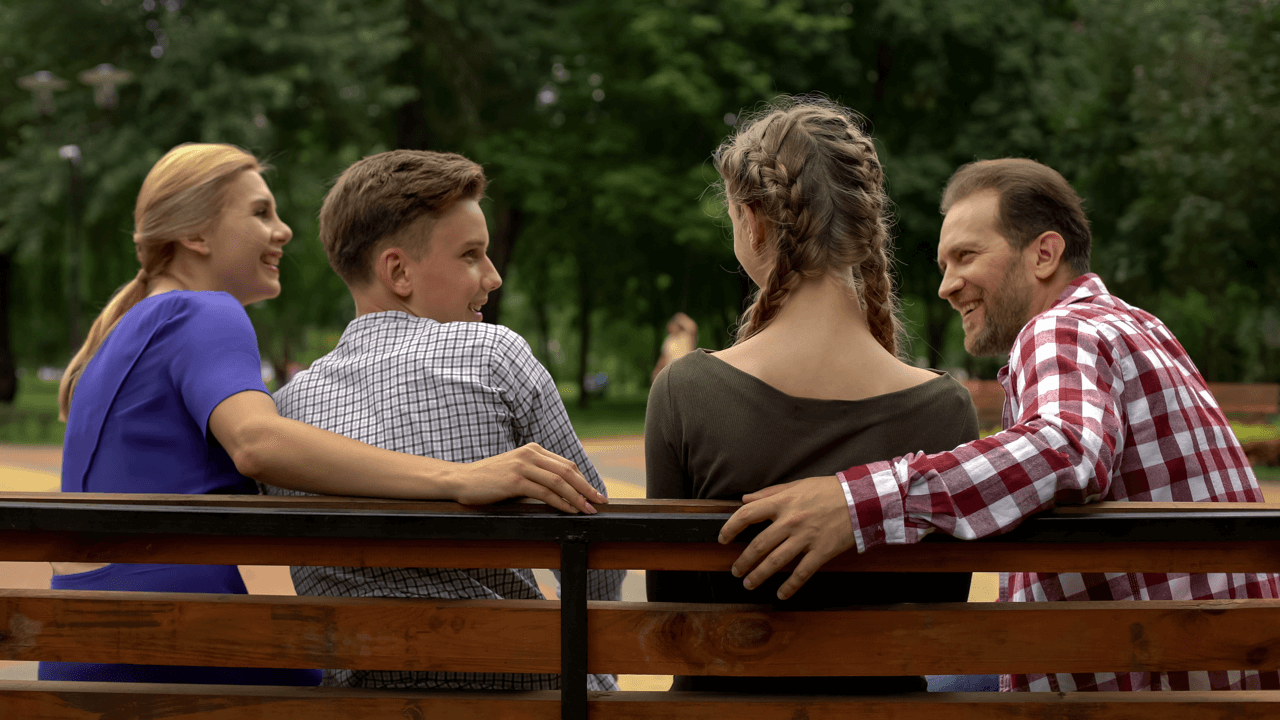
We all have a role to play
There are many different ways people may experience violence. This guide aims to support adults to have conversation about respect and respectful relationships with young people.
Gender-based violence has long term and far-reaching impacts. It affects children, families, friends, work colleagues, communities and society as a whole.
But we can all take action to help prevent it.
This resource is available in different formats, including PDF and DOCX. Short guides, Easy Read guides and The Pocket Guide to Respectful Conversations are also available on the Resource hub.
-
Not all disrespect towards women results in violence. But all violence against women starts with disrespectful behaviour.
The Stop it at the Start campaign aims to end violence against women. Most victims of family, domestic and sexual violence are women, and most violence against women in Australia is perpetrated by men. See the The Issue Explained for a better understanding of violence against women.
However, we know that there are many different ways in which people may experience violence. This Conversation Guide has a broad focus and aims to support adults to have conversations about respect and respectful relationships with young people.
But we can all take action to help prevent it. How?
- By recognising that violence starts with disrespect, understanding the impacts that gendered violence has, and being part of the solution.
- By educating ourselves about the online world that is a new source of disrespect and is influencing young people. These hidden influences put pressure on young people about their roles in society, relationships and how to behave. This has a negative impact on young people’s mental health as well as their attitudes and behaviours.
- By having conversations with young people about what is influencing them and supporting them to have respectful attitudes and behaviours towards others.
We shape our children’s beliefs from a young age.
Children form beliefs from the world around them—what they hear, see, and talk about at school, amongst friends, within their families, and popular culture through media and online.
Research tells us that, from a young age, people start to believe there are reasons and certain situations that make disrespectful behaviour okay1.
There are many influences on young people’s ideas about the roles of men and women and how they should behave to be valued and accepted. Pressures from social media and exposure to negative content is very real and impacts our young people.
These harmful expectations can encourage disrespectful attitudes, and when left unchallenged, can influence their behaviour.
This all plays a role in driving gender-based violence.
-
-
-
-
-
-
-
-
-
-